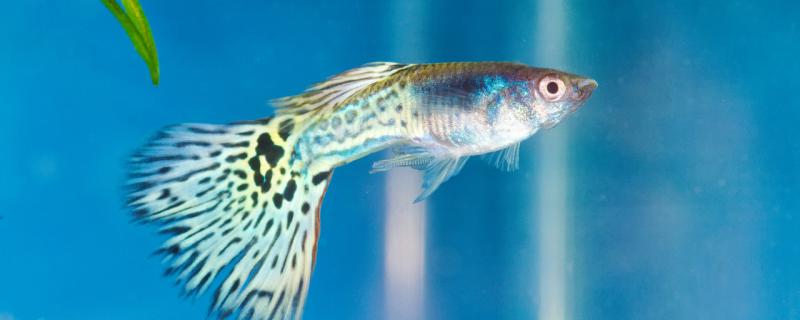
fish? The guppy is a member of the mackerel family. It gives birth to small fish directly, which belongs to ovoviviparous. Ovoviviparous is the fertilized egg, although the development and growth is in the mother's body, but it does not absorb the nutrients it needs from the mother's body, but from its own yolk sac. When the mother fish is about to give birth, the abdomen will be prominent, and black spots will appear near the anus, the darker the color, the closer the birth time.
for guppy breeding? When guppy breeding, the water temperature should be kept between 22-28 C and PH between 6.8-7.4. The oxygen content in the water should be sufficient, and there should be a spacious and comfortable living environment. When the above conditions are met, the guppy will reproduce smoothly. As long as the conditions are suitable, their breeding season can be any day of the year, even in winter. However, due to the short life span of this kind of fish, but the reproductive capacity is very strong, the male and female fish need to be kept separately, after the female fish is pregnant, it is best to isolate it. When
this kind of fish breeds, besides preparing a larger fish tank, it is also necessary to prepare an isolation tank to separate the mother fish from the newborn fish. By nature, the mother fish may eat the newborn fish, so the newborn fish must be isolated. Some algae can be kept at the bottom of the tank, which can also help the small fish escape the fate of being eaten by the mother fish.